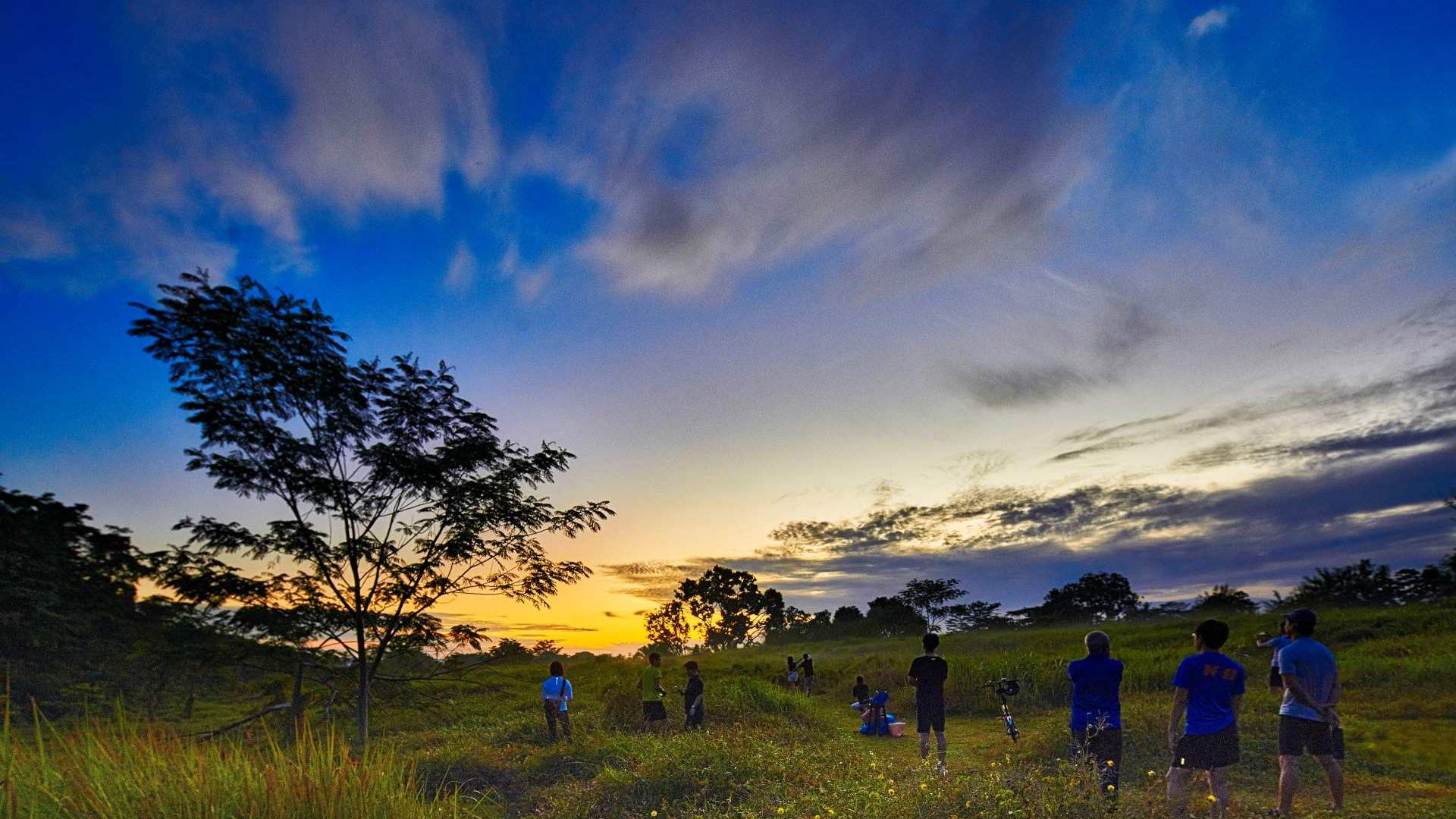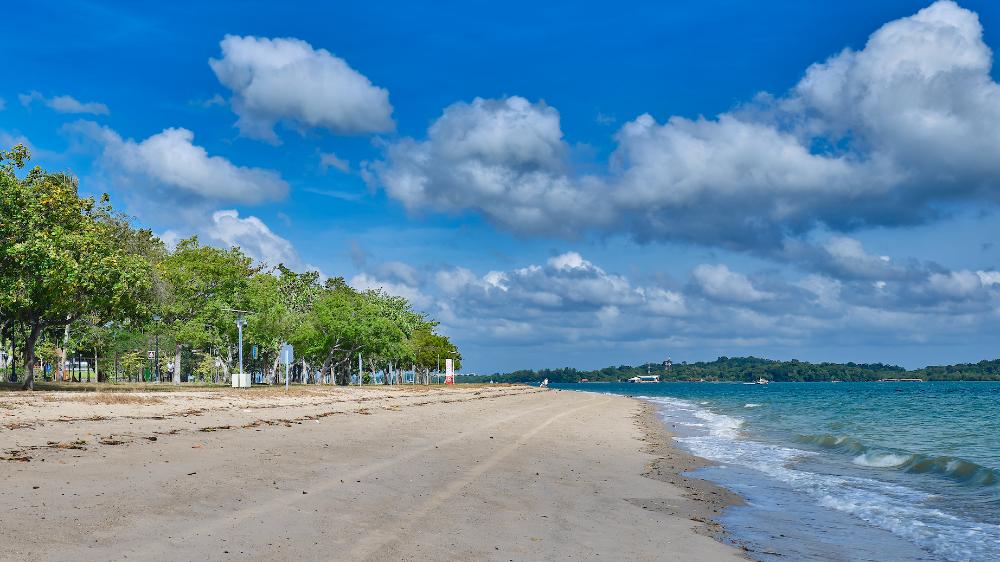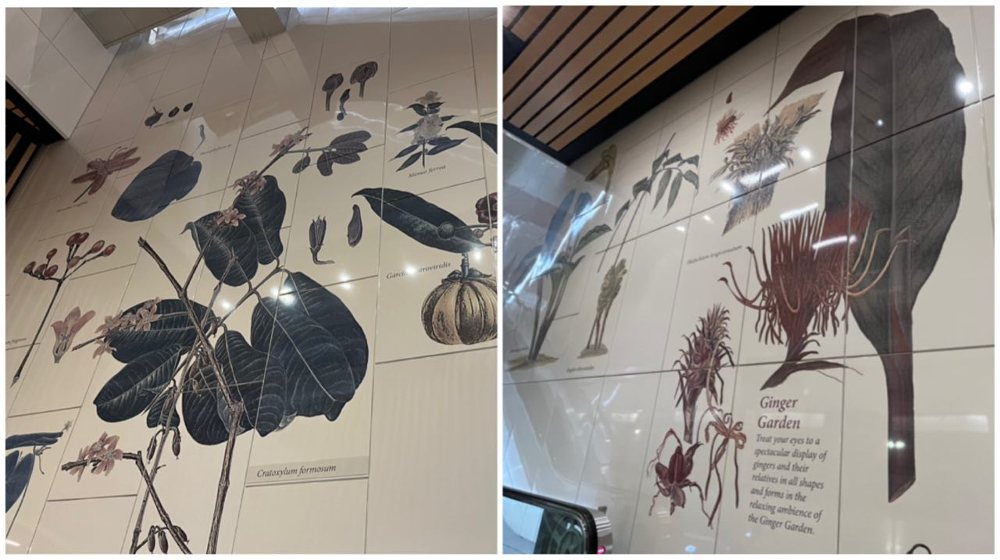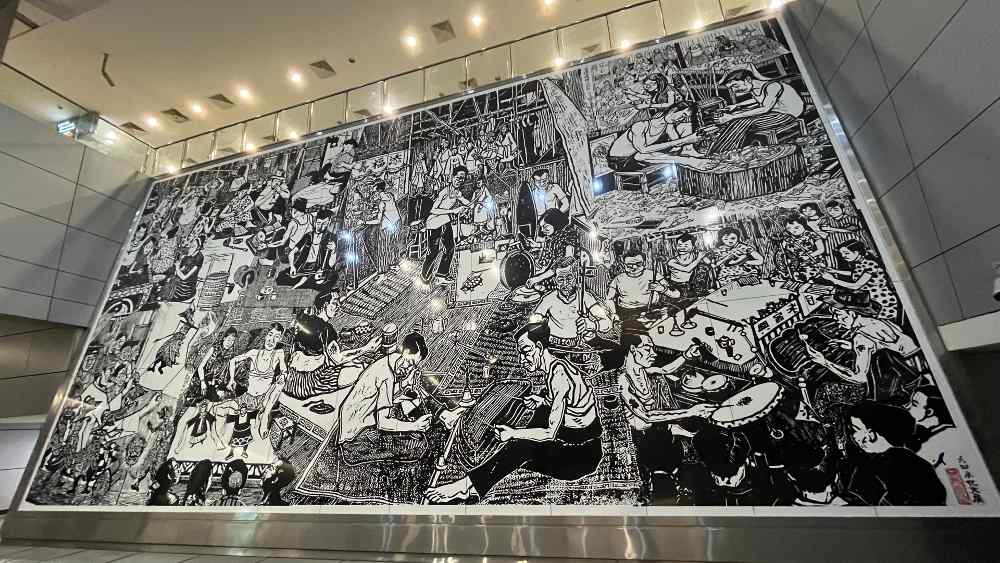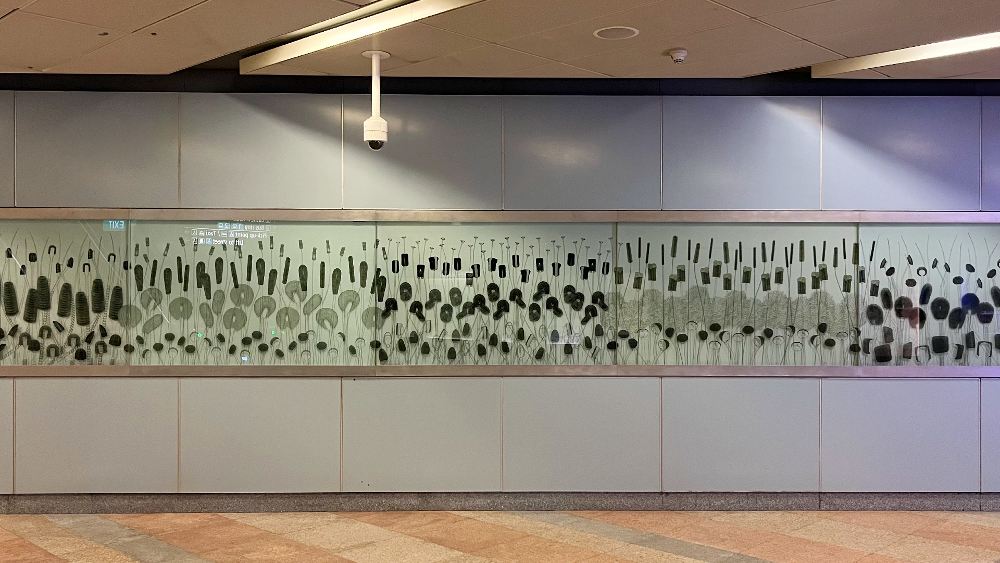Adventures At Home: Let’s Rediscover Woodlands
The Woodlands Causeway is one of the busiest border crossings in the world, but did you know that people have been commuting between JB and Woodlands for 150 years? Before travellers had to brace the busy jams, our great-grandparents were forced to wait for a jetty to cross the sea. It was only in 1924 that the British built the Causeway we know today.
Woodlands is more than just a gateway to Malaysia though – it was an area of military significance for Britain’s Royal Navy and former Royal Malayan Navy. In addition, many religious institutions and community landmarks with deep roots in Woodlands still stand to this day.
Armed with the National Heritage Board’s Woodlands Heritage Trail, we experience the town’s storied past and rediscover Singapore’s North.
Catch the sunrise at Ulu Sembawang Park Connector
Hop on a bicycle, dabao brekkie, and make your way over to the Ulu Sembawang Park Connector to catch the glorious sunrise there. The journey is definitely worth the trip. Catch a glimpse of Woodlands as it was in the past as you cycle through this scenic rural landscape.
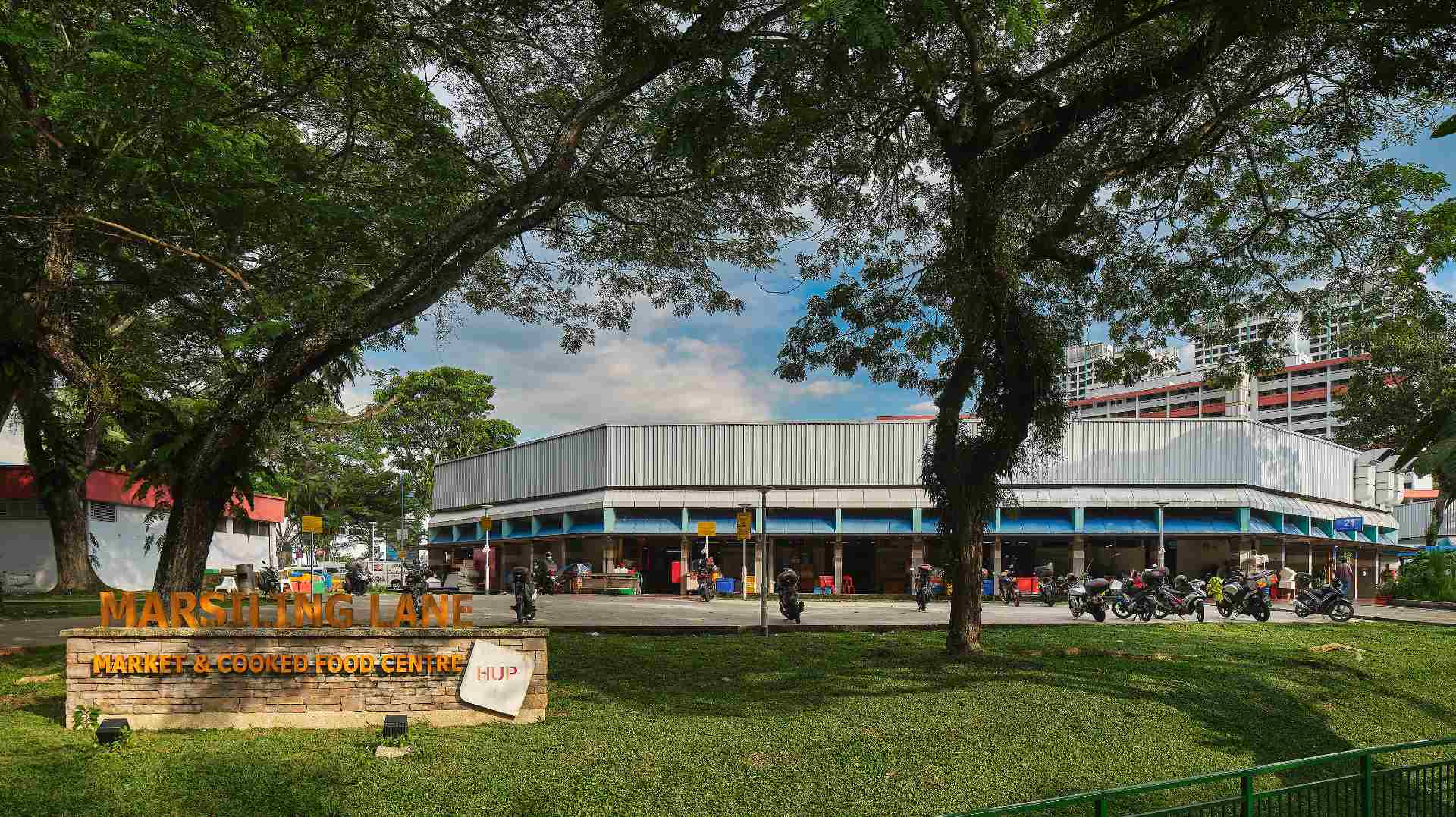
Brunch at Marsiling Lane Market & Food Centre
Completed in 1975, this was the first market for residents of the Marsiling HDB estate. Bookmark these good eats when you visit:
- Laksa at Chin Heng Noodle House
- Marsiling Handmade Mee Hoon Kueh
- Uncle Pancake Apam Balik
- Soya bean at Lim Chun Heng Hot & Cold Drink
Or walk a bit to the nearby coffeeshop to savour a bowl of Hong Ji Herbs Bak Kut Teh.
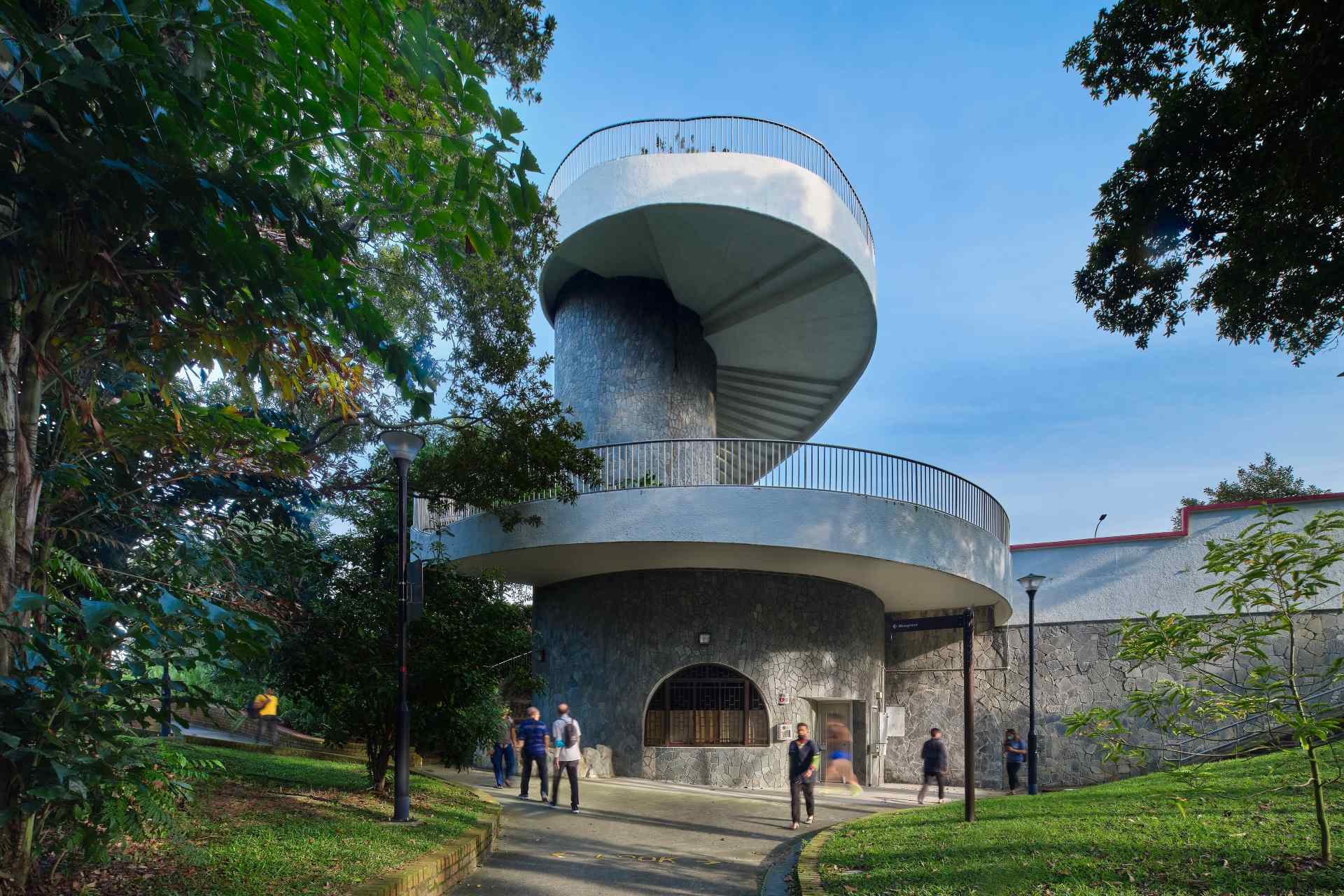
Relax at Marsiling Park
Previously known as Woodlands Town Garden, this was the first recreational space for residents of Woodlands HDB estate. Chill by the picturesque lake, take a walk along the landscaped pavilions, and head up the landmark 3-storey spiral viewing tower for a great view of the park.
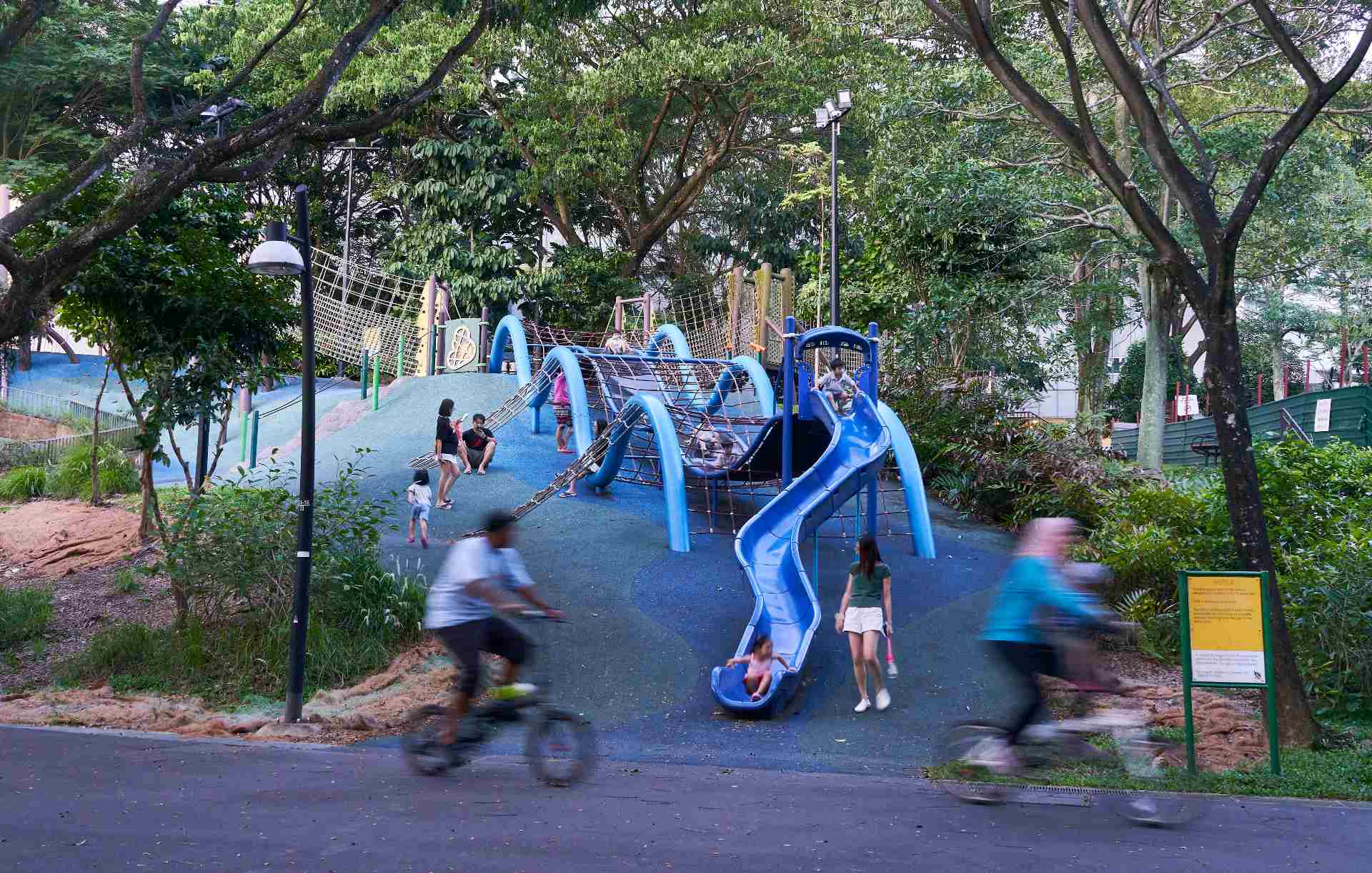
Bring the kids to the 26 slides at Admiralty Park
This town also has the biggest park in the North: Admiralty Park. (In the UK, "admiralty" refers to the government department that administered the Royal Navy, and now incorporated in the Ministry of Defence.) Opened in 2007, the name serves as a reminder that the nearby area was a British naval base. Stroll through the mangroves around Sungei Cina, or let the kids explore the playground with a flying fox, climbing nets, swings, and a whopping 26 slides.
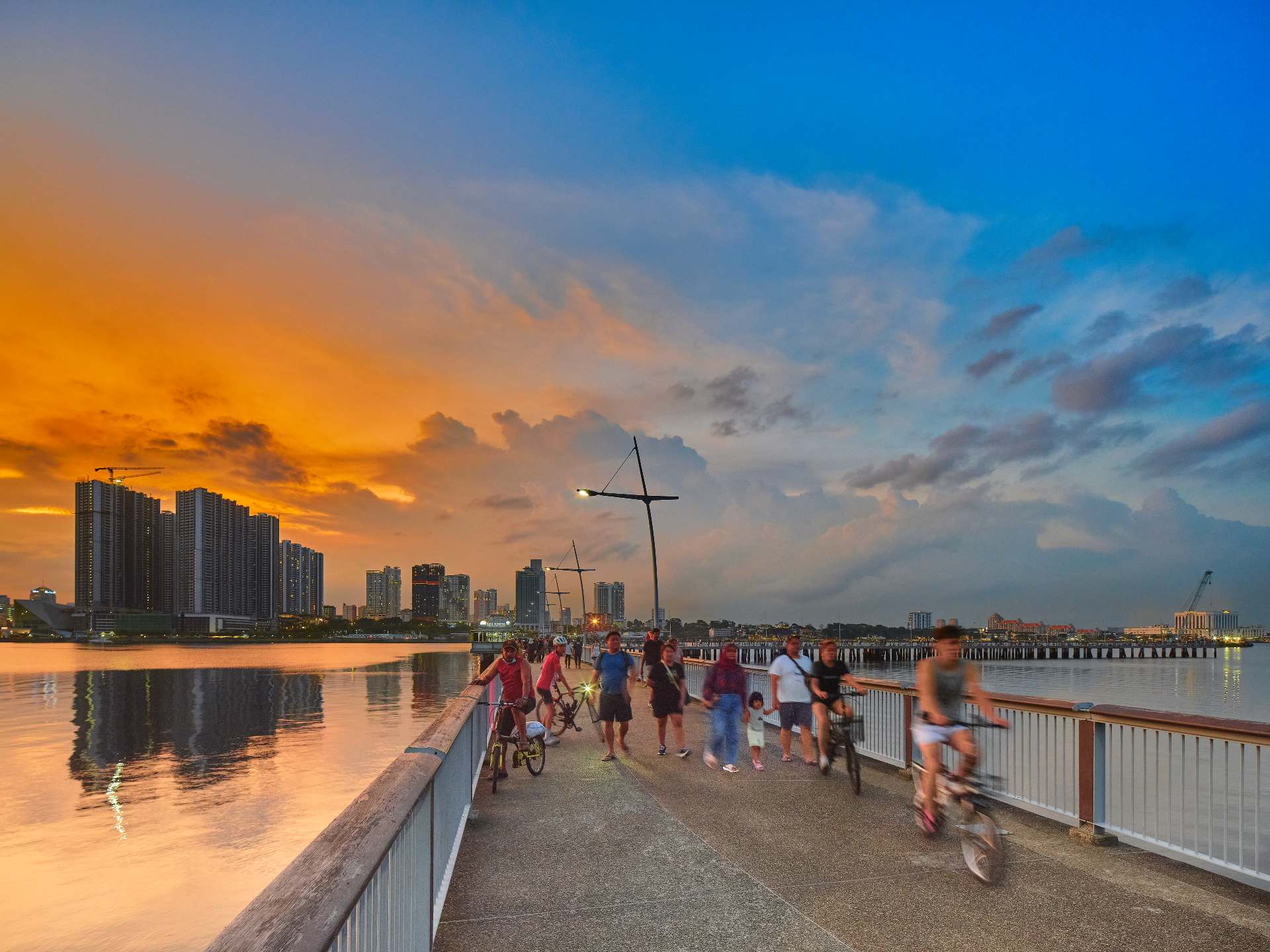
Bask in the sunset at Woodlands Waterfront Park
Today, the Woodlands Waterfront Park is a popular recreational and fishing spot for Woodlands’ residents, with spectacular sunset views of the Causeway and JB. In the past, this was the former Malaysian Base Jetty, part of a Malaysian naval base called KD Malaya (KD stands for Kapal DiRaja or “Royal Ship” in Malay) that served as a site for formal parades as well as the commissioning of new ships.
The public seats at this park were refurbished from old mooring anchors. Grab dinner at the halal Rasa Istimewa Waterfront Restaurant, and try to spot the preserved hoist system inside which was used to lift and carry heavy loads.
Can you spot this location in our "Chan Mali Chan" longboarding video?
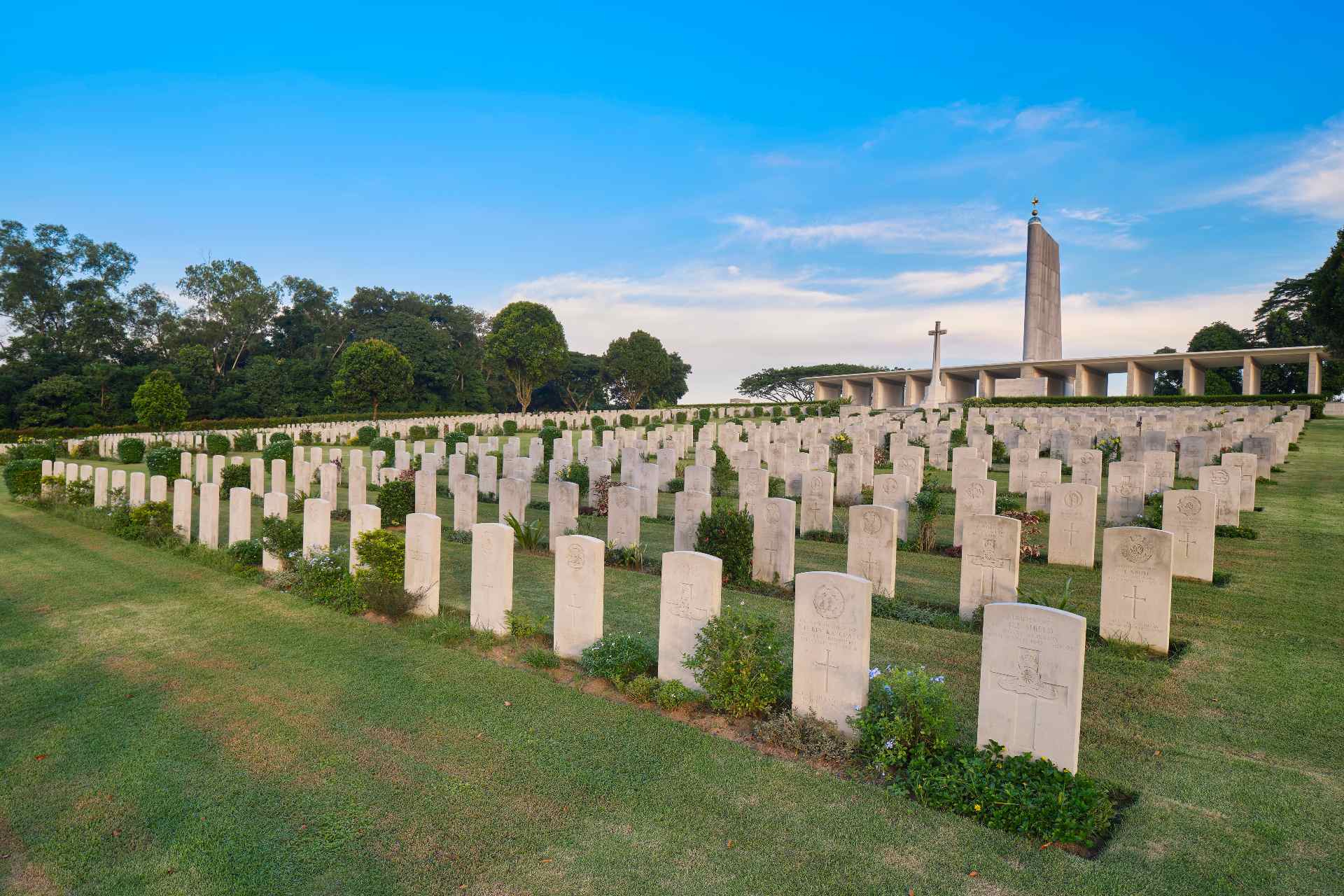
Honour fallen heroes at Kranji War Cemetery and Kranji State Cemetery
This is the only WWII site in Singapore managed by UK-based Commonwealth War Graves Commission. More than 4,400 soldiers are buried at Kranji War Cemetery, and more than 24,000 soldiers who died without a grave have their names inscribed at the wall of Singapore Memorial. This memorial resembles the profile of a WWII fighter plane from above.
Just outside the cemetery is the Kranji State Cemetery for individuals who have made important contributions to national progress. You can find graves of former presidents Yusof Ishak and Dr Benjamin Sheares there.
Your Insta-walk checklist here
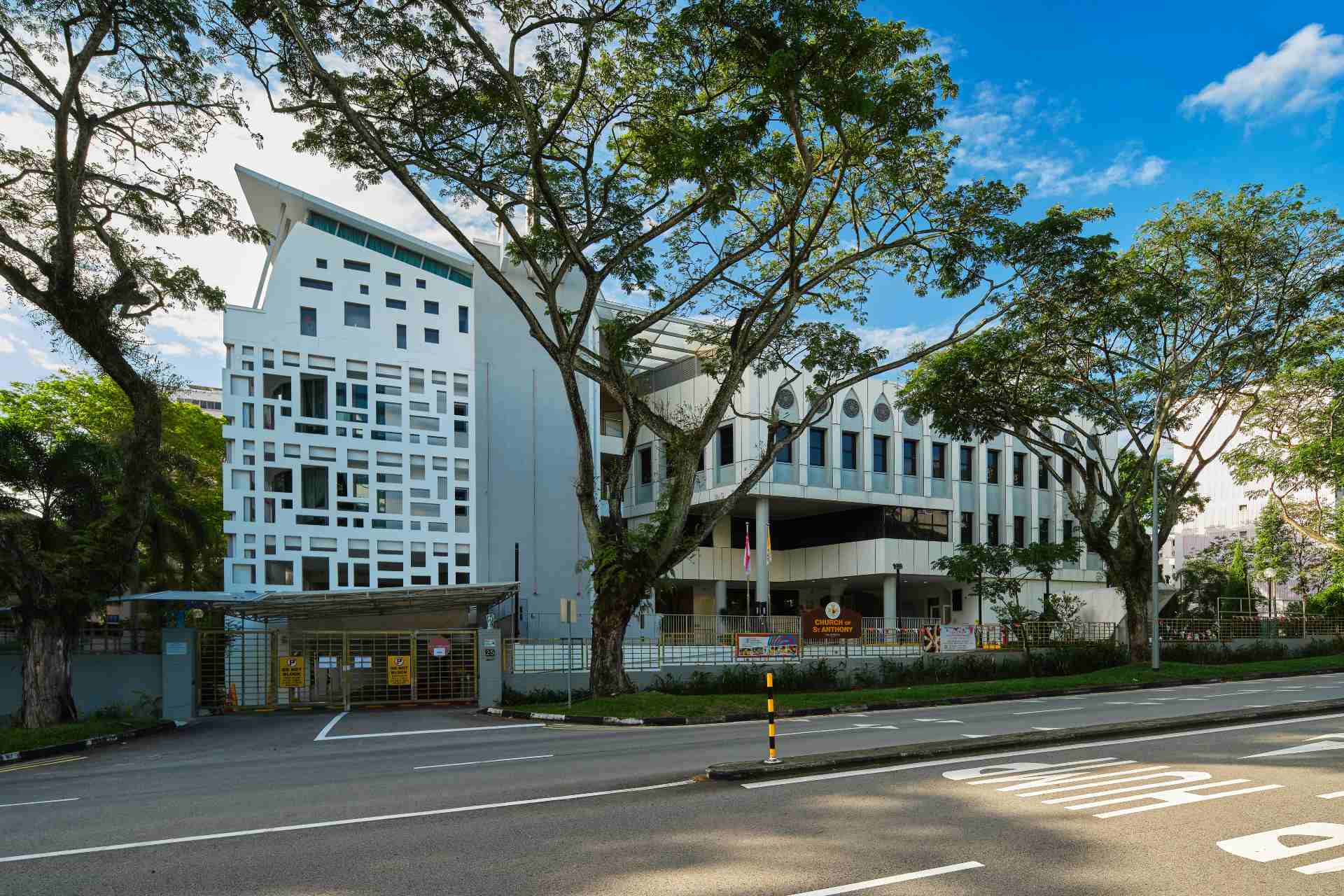
Church of St Anthony of Padua
This parish was originally a chapel in the old Mandai Catholic Village, established in 1933 as a settlement for refugees from China who fled their home to escape communist attacks. The present church was opened in 1994 to serve the growing Woodlands Catholic community. At the worship hall, there is an altar table used by Pope John Paul II to celebrate Mass when he came to Singapore in 1986.
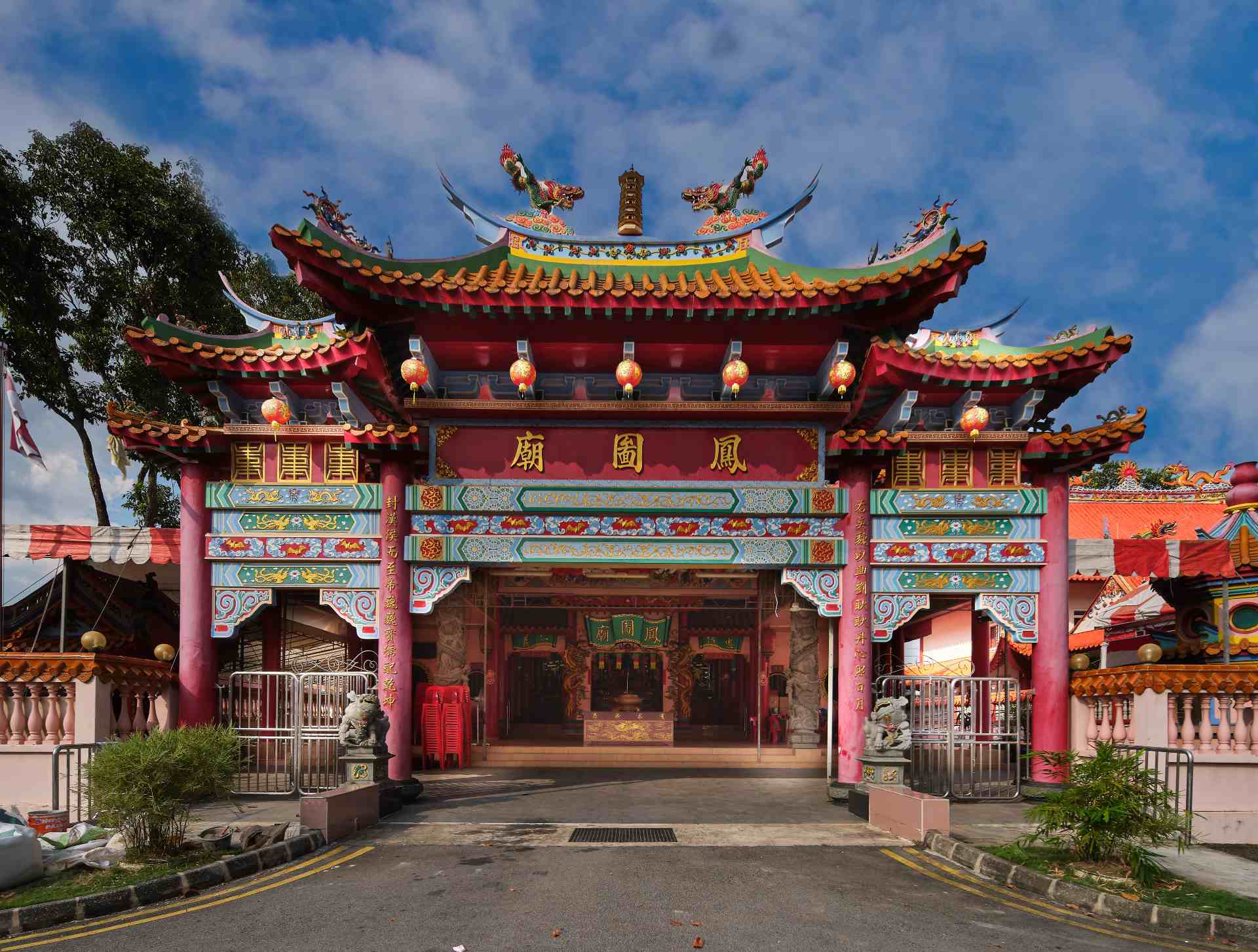
Hong Tho Bilw Temple
Commonly known as Feng Tu Miao, this temple serves the Taoist community in Woodlands and is dedicated to Guan Di Gong, a god of war and wealth. It was previously located in Kampong Hock Choon (now Woodlands Avenue 3). During WWII, Japanese soldiers captured many Hock Choon villagers, but they managed to escaped without harm – they said it was thanks to blessings from Guan Di Gong.
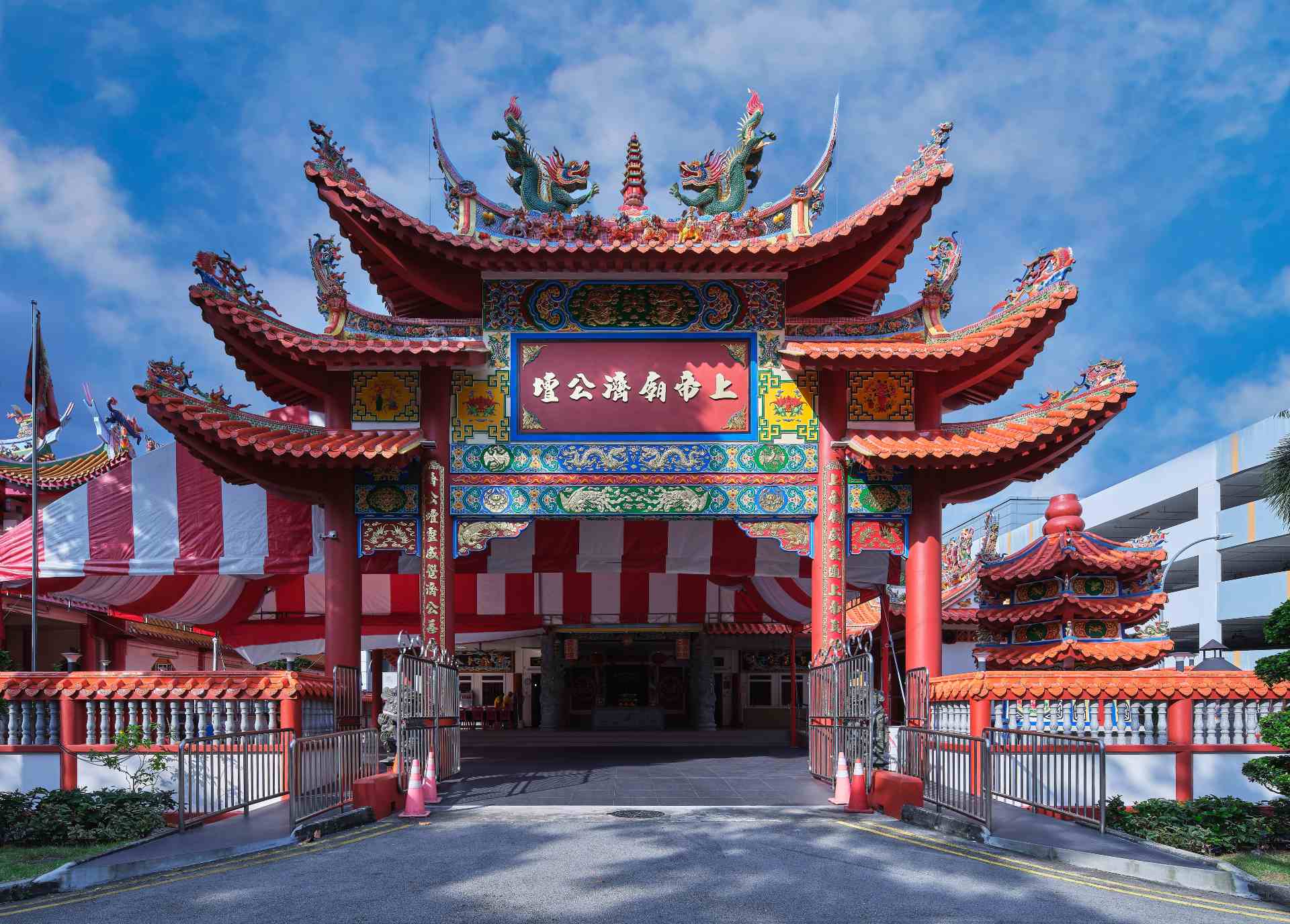
Shang Di Miao Chai Kong Temple
The main deity of this temple is Xuan Tian Shang Di, a Taoist god who controls the elements. It was originally situated at a place called Lorong Woodlands Kechil, where the Singapore Turf Club is located today. The temples used to host periodic processions through Woodlands until the 1980s, as they believed it allowed the deities to inspect and bless the area.
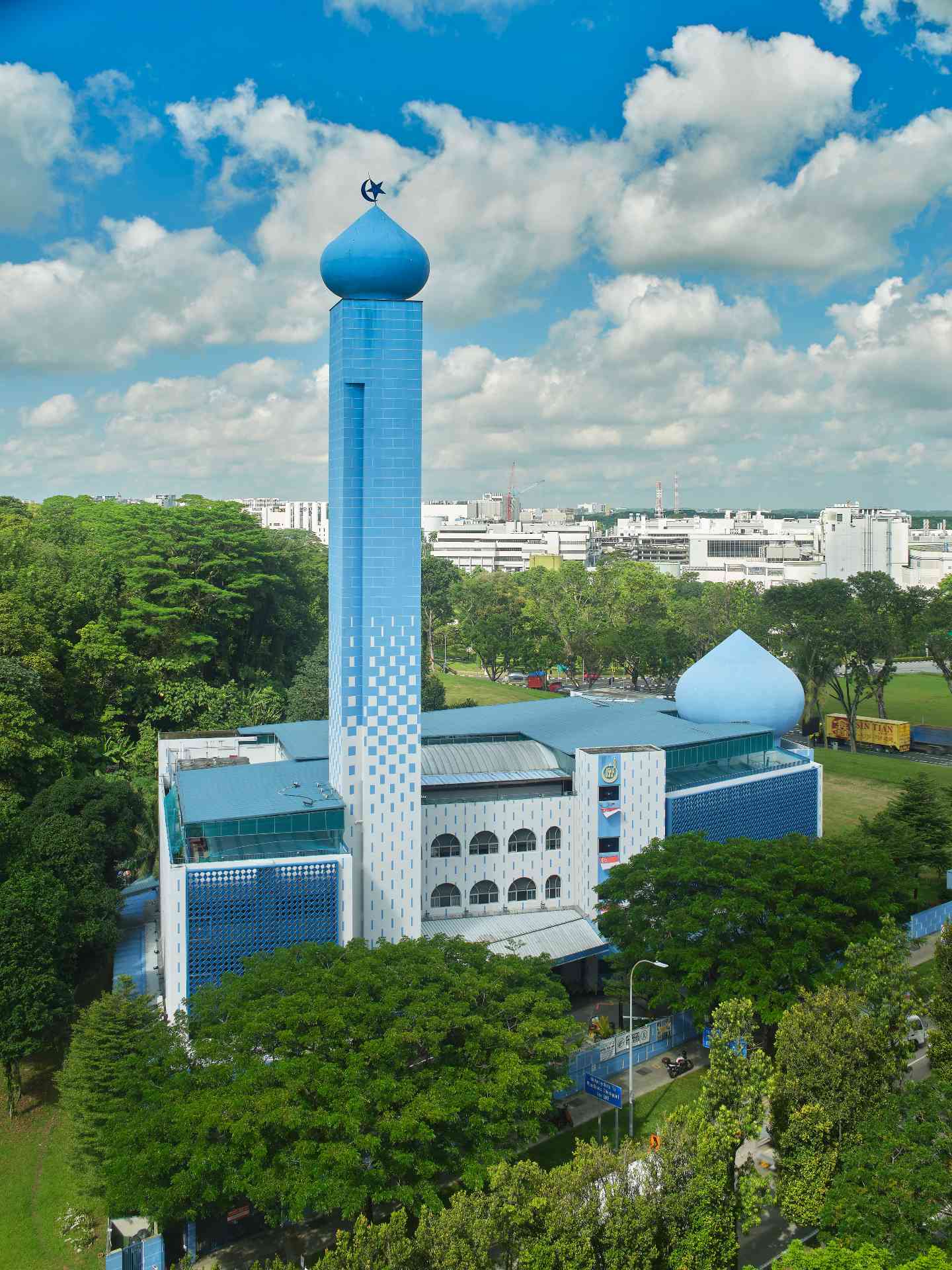
Masjid An-Nur
This was the first mosque in Woodlands, opened on 20 April 1980. Its 55m high minaret makes it a prominent landmark in Woodlands, and it is often referred to as the “blue mosque of Singapore”. An-Nur was designed by HDB architect Tony Tan Keng Joo, and its name means “The Light” in Arabic and refers to Allah who illuminates. The mosque runs a community programme called Qaryah, which organises communal activities like kenduri (communal meals), Tarawih prayers, and Islamic singing in Woodlands.
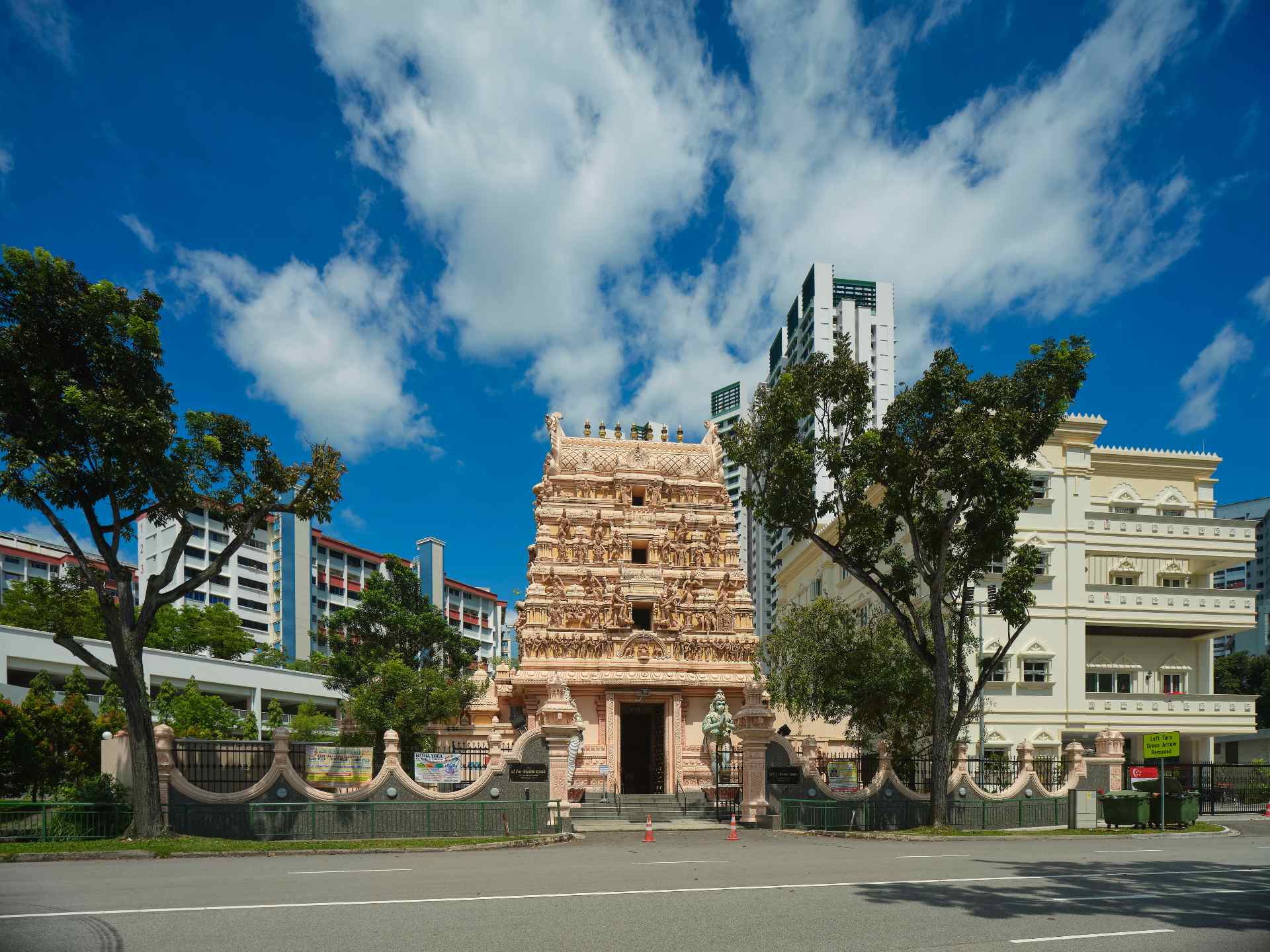
Sri Siva-Krishna Temple
This is the only temple in Singapore dedicated to Lord Siva-Krishna, a unique deity that combines Lord Siva and Lord Krishna. A four-storey extension was completed in March this year, with a new multi-purpose hall, dance studio, classrooms, and roof terrace. People of all races and religions are welcomed to use the facilities. Come for the annual street procession, held to bless devotees all around Woodlands.
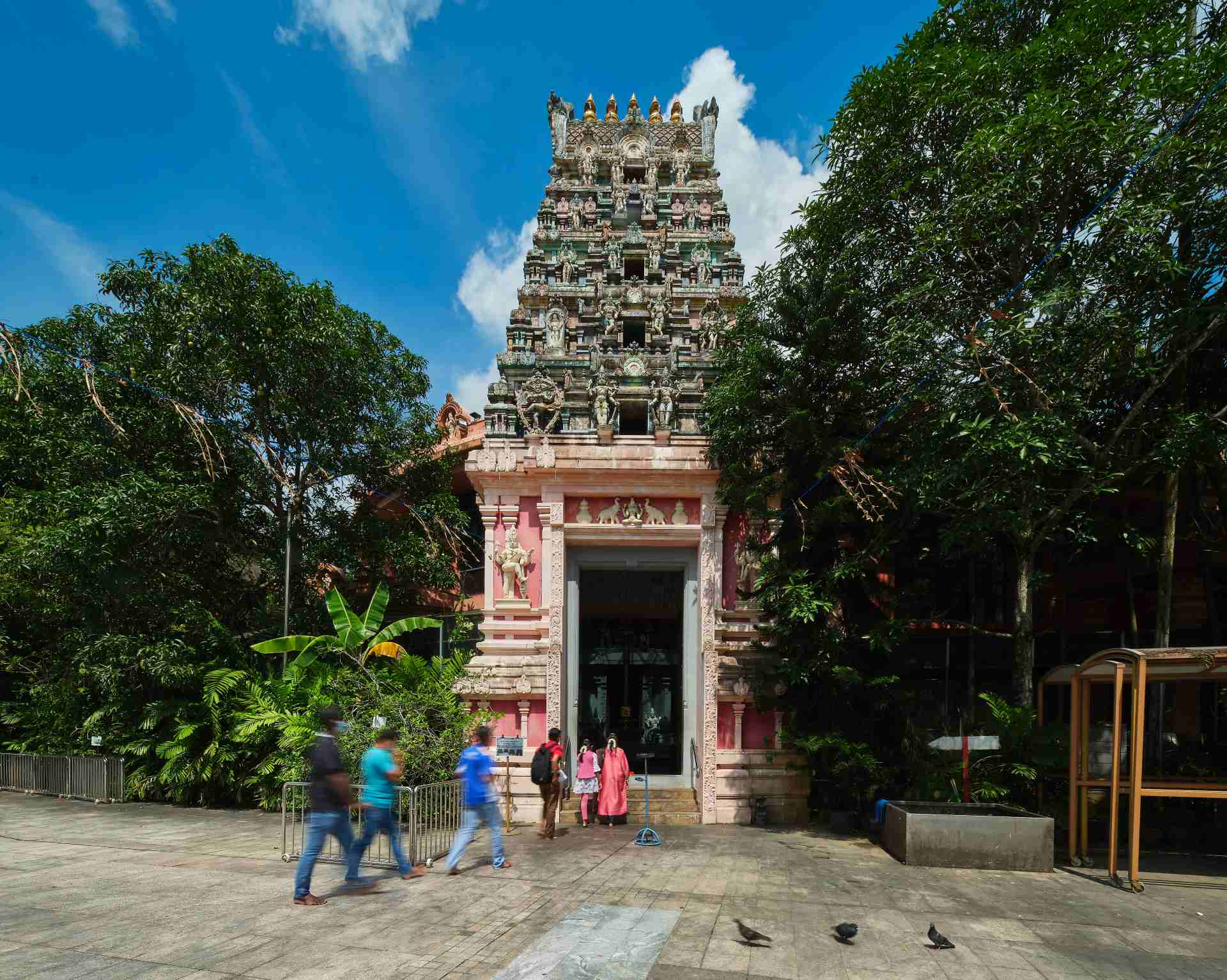
Sri Arasakesari Sivan Temple
This is the only Hindu temple in Singapore with a Lord Siva shrine beneath a Bo tree and a ceremonial pond where worshippers could dip themselves to receive blessings. Besides Deepavali and Tamil New Year, the temple is best known for the Aadi Ammavasai (the No-Moon festival), during which devotees make special prayers and offerings to ancestors, and Maha Sivarathiri ("Grand Night of Lord Siva" in Sanskrit), which honours Lord Siva during his cosmic dance of creation and destruction.
Happening history sia
If you’re interested in exploring the rich history of Bukit Timah, you can follow NHB’s Woodlands Heritage Trail. There are three suggested routes you can take:
- Communities of Woodlands, 4km: 1.5 hours with public transport
- Woodlands at War, 9km: 2 hours with public transport
- A Journey through the Woods, 15km: 1.5 hours on bicycle; 2.5 hours on foot with public transport
For the latest updates on Wonderwall.sg, be sure to follow us on TikTok, Telegram, Instagram, and Facebook. If you have a story idea for us, email us at [email protected].







